(ECNS)--On June 6, 2023, the Iranian Embassy in Riyadh officially reopened, starting a new chapter in the history of bilateral relations.
Before then, under the mediation of China, Saudi Arabia and Iran agreed to restore ties and reopen embassies seven years after cutting diplomatic ties. On April 6, Saudi Foreign Minister met his Iranian counterpart in Beijing, which was the first formal meeting between foreign ministers of the two countries in more than seven years. Both countries announced the resumption of diplomatic relations as of the same day. What benefits will the conciliation of two Middle Eastern countries after long-time severing relations bring to the region and the world? Faced with the new situation in the Middle East, what solutions has China proposed?
In the latest W.E. Talk, Josef Gregory Mahoney, professor of Politics and International Relations at East China Normal University, and Qu Qiang, fellow researcher at Beijing Foreign Studies University were invited to share their opinions.
Prof. Mahoney believed that it's a clear signal that both sides trust China, and are willing to demonstrate both their positive regard for China and their capacity for fostering peace with each other under the mediation of China, contrary to their distrust of the United States. The U.S. is experiencing a downward trend in power but is still stuck in a Cold-War mentality, while China is serving decisively as a global peacemaker.
Qu Qiang said that China has always been a contributor to the development of the Middle East. The fact that the two countries with historical differences once again "chose" Beijing indicates that they both recognize China's fair, neutral and trustworthy international status in the region. Choosing to connect each other with China being a bridge shows their strongest trust in China's strength in all aspects, and signals the end of an era of theU.S. dominance in the Middle East.
Here are the excerpts of the dialogue.
CNS: What are the reasons for the resumption of the diplomatic tie between Saudi Arabia and Iran? What impacts will it have on global politics and economy?
Josef Mahoney: For decades, we blamed the Saudi-Iran conflict on the religious differences. But to what extent was the conflict dependent on U.S. antagonism towards Iran and the desire to provoke a so-called divide-and-conquer mentality in the Middle East in order to make sure that the U.S. played a dominant role in oil prices? To what extent was it contingent on the special relationship that Riyadh enjoyed with Washington?
Now that the U.S. has disengaged increasingly from the Middle East in part to abandon the messes it made there and largely to escape those responsibilities to accomplish its pivot against China. Along the way, as we've seen, U.S. and Saudi ties are souring. And given the fact that both Saudi Arabia and Iran have good relations with Beijing, China served as a mediator and successfully made the reconciliation without the U.S. in the picture.
Qu Qiang: In the U.S. Middle East policies, the first stage after WWII is happening mostly because of the petrodollar. The reason why they've been supporting the Saudi royal family, and been supporting the Pahlavi Dynasty in Iran is because they can form allies to make sure the supply of oil and the bond between the oil and the U.S. dollar can be tight. But later what happened is that revolution in Iran happened. And so America, in order to meet its best interest, has been using the second stage of policies, which is "split and manage". U.S. cannot stabilize the Middle East because Iran has a hostile relation with the U.S. They used to be allies, but now they are the largest competitor in the oil businesses. So either side America favors will create more push back from the other side.
However, China is quite a very different story. China is a builder in the Middle East. China doesnot have any historical (relations) in a problem in the Middle East region. China has been rebuilding the war-hit zones in Iraq and helping Saudi Arabia to build a future city, and China has also been working with Iran and rebuilding their economy. Because China is the friend of both sides, everybody will have this patience to sit down and talk and eventually to decide what is of the best interest of both sides and of the whole region.
CNS: Why did Saudi Arabia and Iran incline to Beijing again when they talkedabout the resumption of diplomatic ties? What signalsare released? Does the reconciliation between the two countries mean the end of the era of U.S. dominance in the Middle East?
Josef Mahoney: Given the constructive role Beijing plays in helping the two countries restore ties, given Beijing's neutrality, it's sensible that they would continue to meet in Beijing as they take concrete steps forward.
What signals may be sent? It's a clear signal that both sides trust China and feel comfortable discussing what was previously unimaginable in Beijing. It's also a clear signal that both countries are willing to demonstrate both their positive regard for China and their capacity for fostering peace with each other in China, contrary to the distrust both sides have for the United States.
We might be entering a new era where China's major-country diplomacy equates with China serving decisively as a global peacemaker, contra the U.S. which is still stuck in a Cold-War mentality.
Qu Qiang: First, the two nationswho have major historical differences once again choose China, which indicates that different factions of geo-states represented in the region all recognize China's fair, neutral and trustworthy international status there. Second, China's unique economic role is a good complementation to other countries in the region,therefore, China is welcomed. All countries are willing to grab this opportunity to establish long-term cooperation with China. The Chinese-style modernization and Belt and Road Initiative provide important opportunities for the sustainable and long-term growth of countries in the region. Third, as an independent major developing country with peaceful mission, China's political influence and comprehensive national capacity can provide material and security support for the future stable growth of the region. In the past, the two countries also had a desire to build contact with each other, but failed to do so due to the interference of the U.S. and Western countries. Their choice to connect each other with China being a bridge shows their strongest trust in China’s strength in all aspects.
It also sends an important signal to the world that the era of the U.S. being the dominant country in the Middle East has ended. Today,the Middle East hopes to regain its position and influence in the international arena, and the Middle Eastern countries will increasingly embrace the participation and cooperation of big countries outside the region, including China.
CNS: China has helped settle disputes between two Middle Eastern countries. And previously, it released the Global Security Initiative which aims at addressing the security dilemma and safeguard world peace. Based on all these, what are the differences between China's and the U.S. views on global security?
Josef Mahoney: The U.S. approach has been a zero-sum game. The entire U.S. economy at this point relies on the U.S. dollar, and on the Fed who is able to manipulate this system with a specific method. The U.S. cares about whether or not the U.S. can continue to maintain its hegemony, which is essential for the role of the dollar in its hegemony.The U.S. is used to having this hegemony, which nevertheless was degrading.
However, China knows that whatever happens in the world eventually has some influences on China because it plays such a monumental role in the global economy as the leading trade partner of most countries in the world. Therefore, what's good for China is good for the world and what's good for the world is good for China. But it's not the same case for the U.S.and there lies the key difference between the two approaches.
Qu Qiang: The zero-sum game is a very obsolete thinking adopted by certain politicians in the West. The current world has been changed. Just take a look around, travel around, and you find this is a whole new world. It's not a zero-sum game. You would like to watch your neighbor get better and better because you will get better too. It's kind of a win-win result and America should also understand that.
China is a very steady advocate of internationalism. For example, the Belt and Road Initiative benefits local countries as well as China. Eventually, everybody wins. We can all together make the whole world a better place.









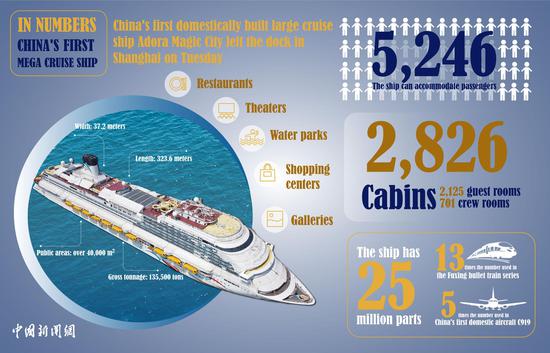




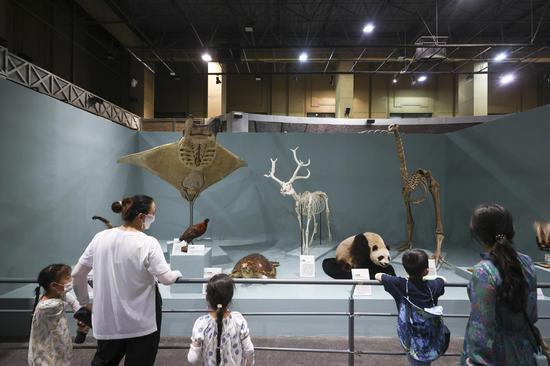
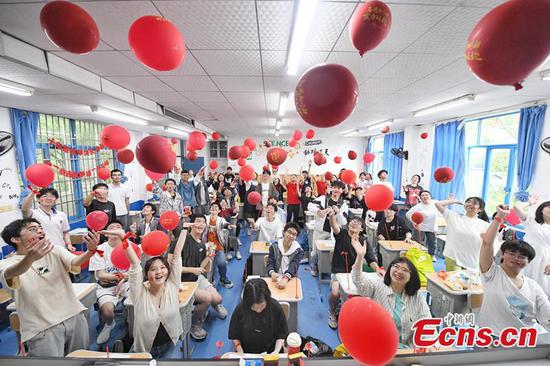
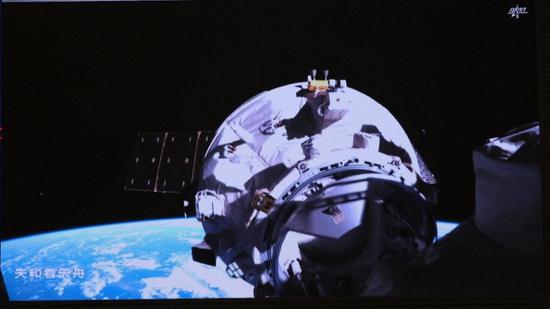




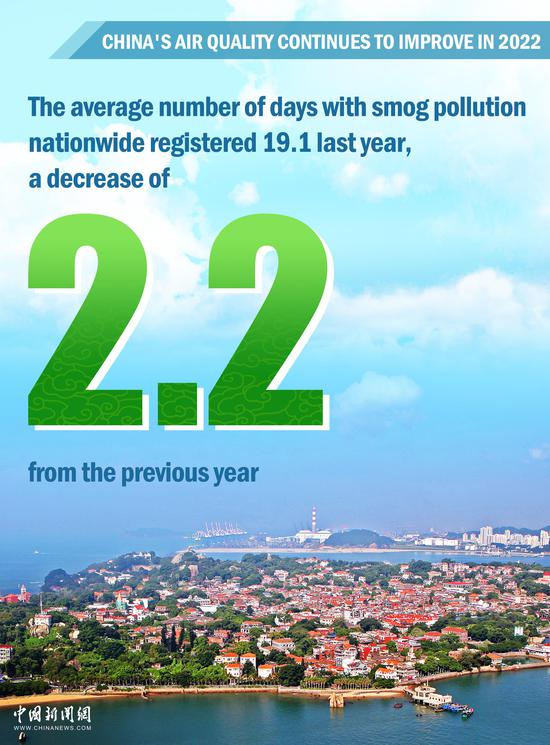

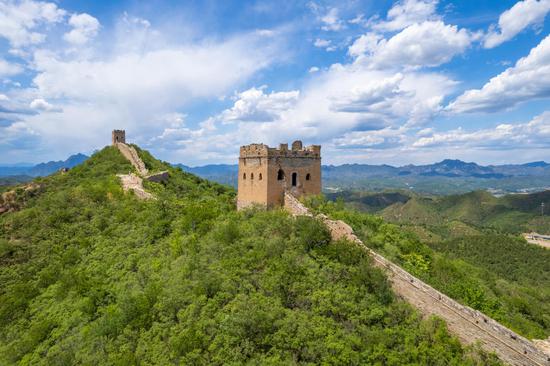



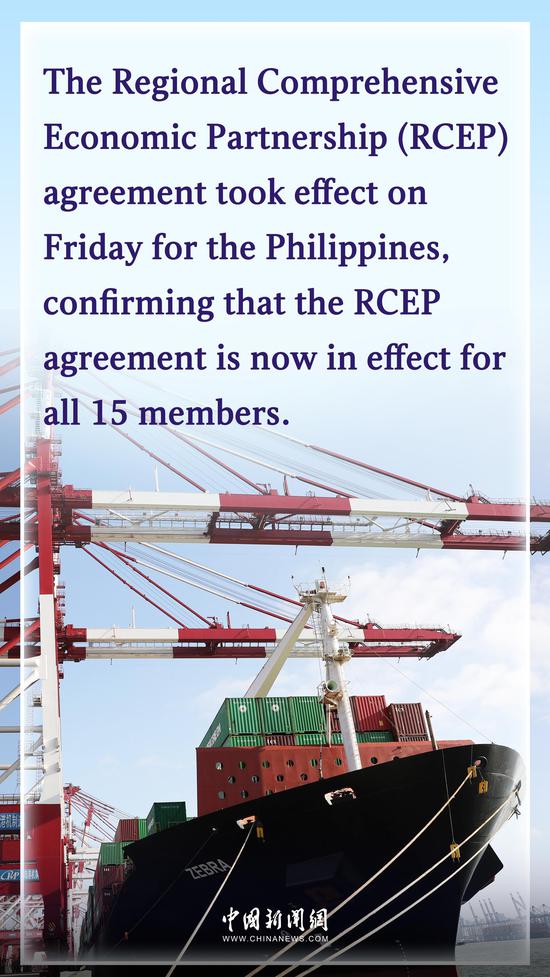
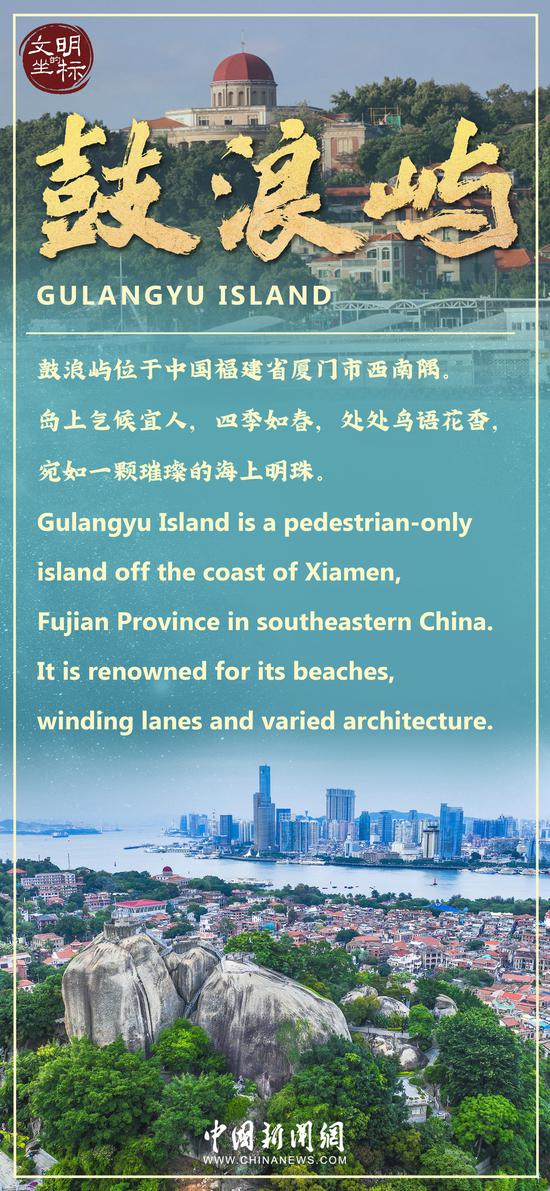
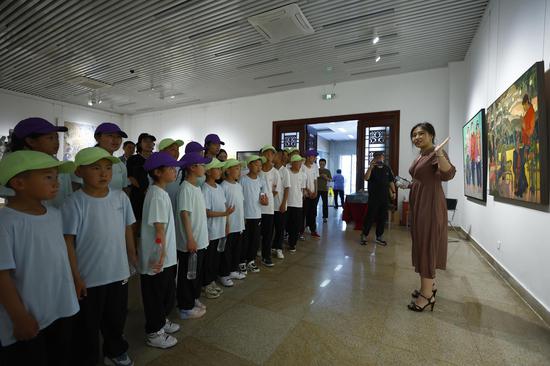



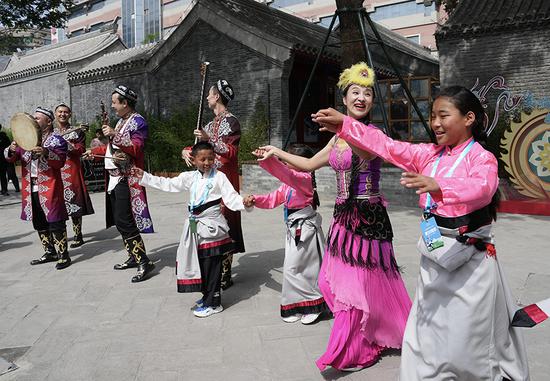
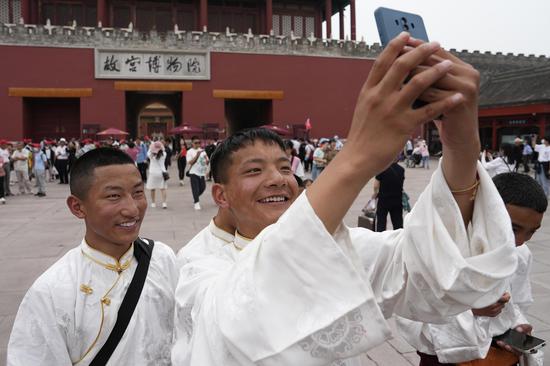

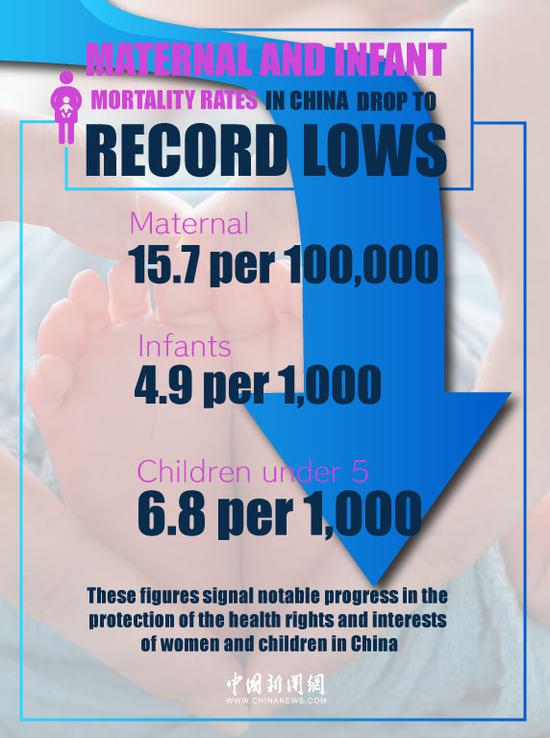

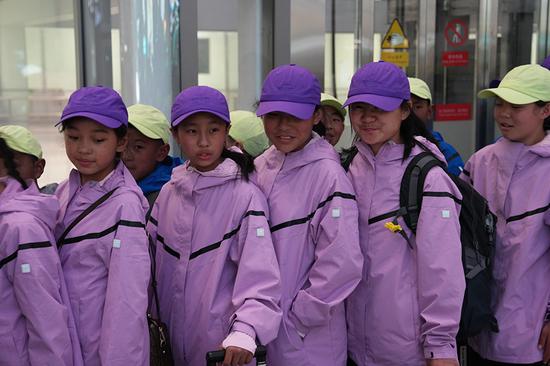
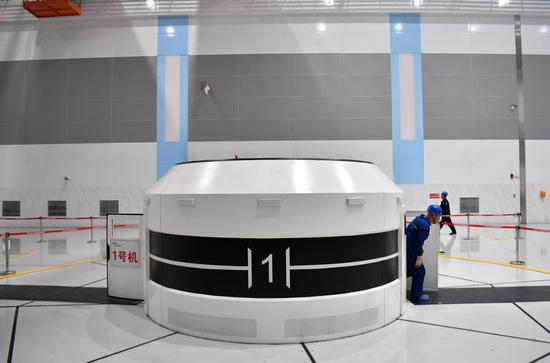
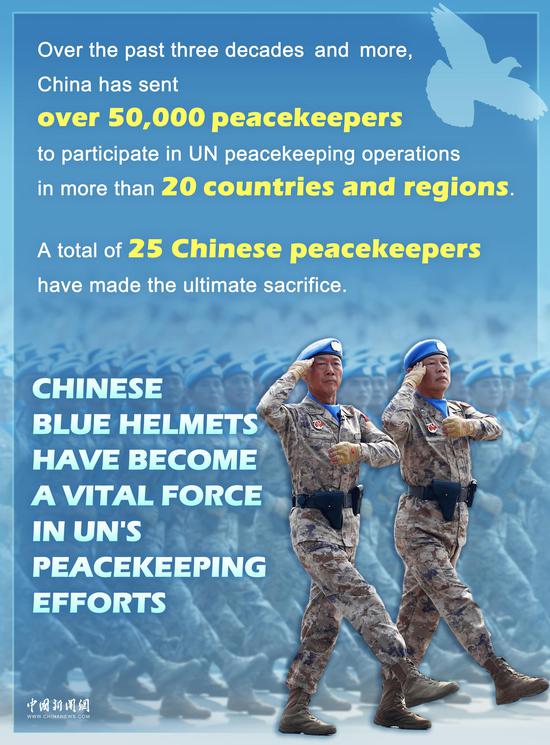
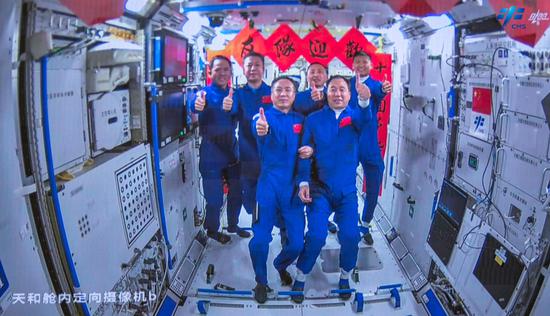
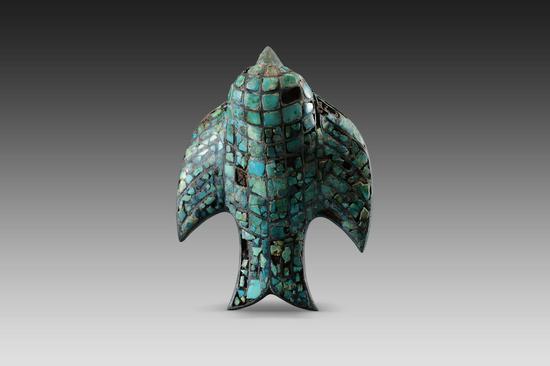
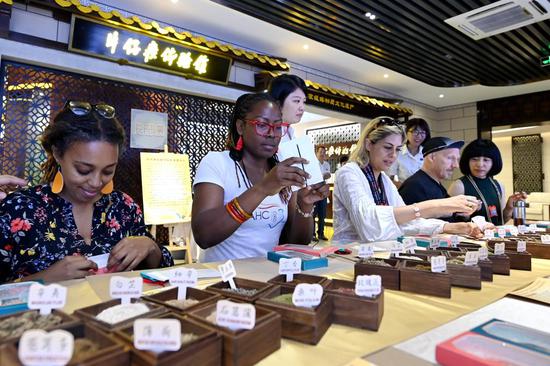
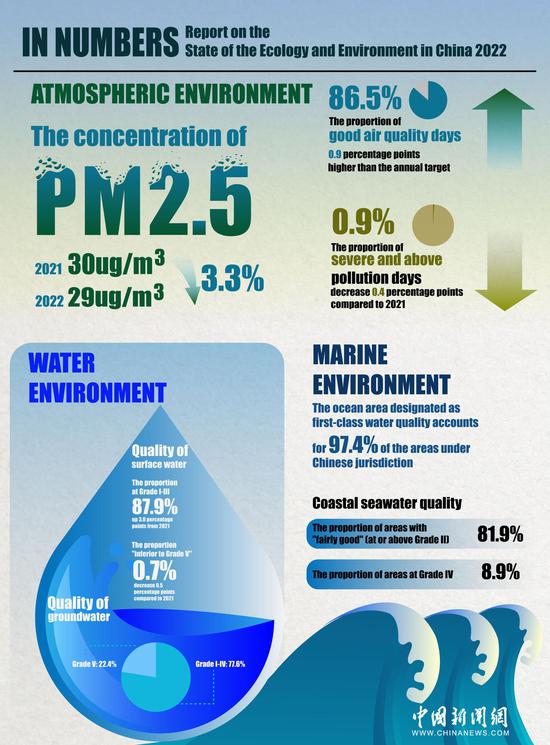





 京公网安备 11010202009201号
京公网安备 11010202009201号